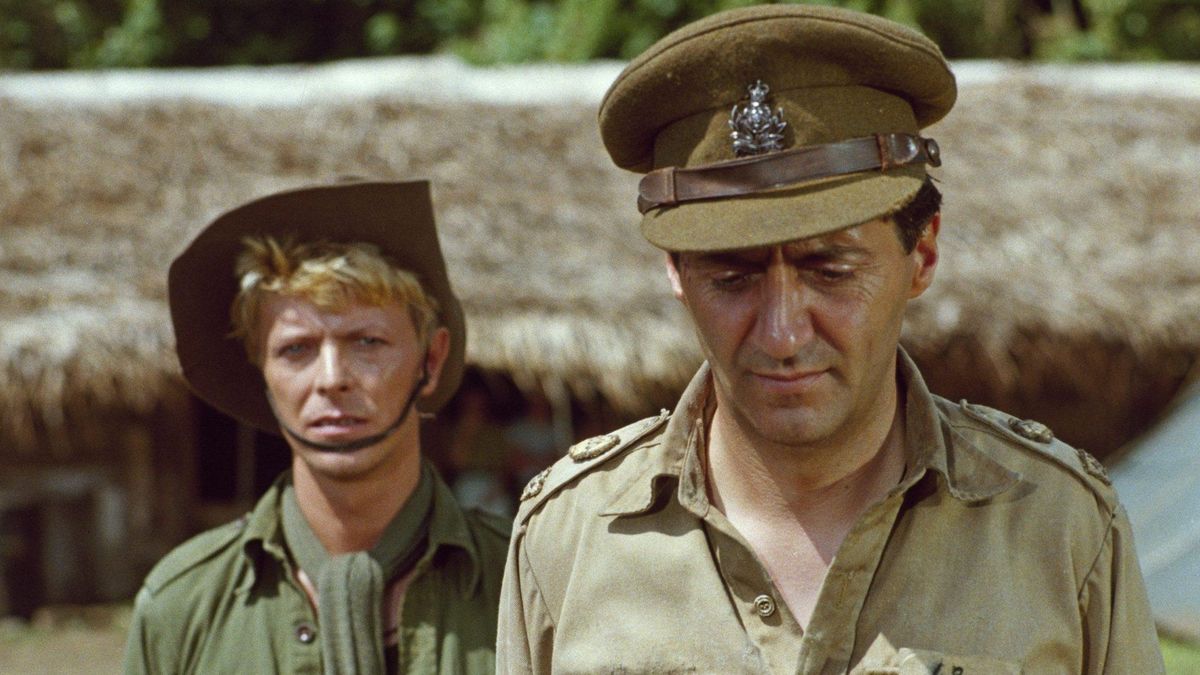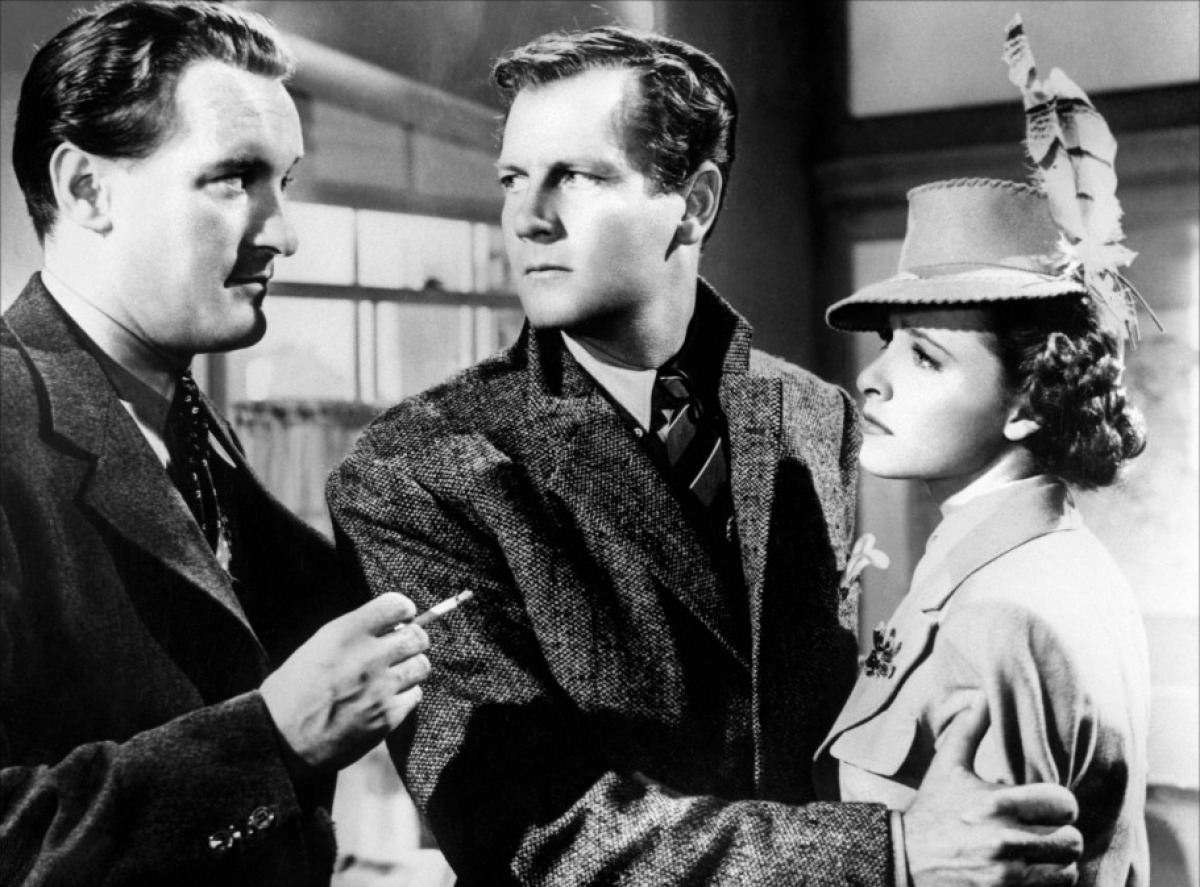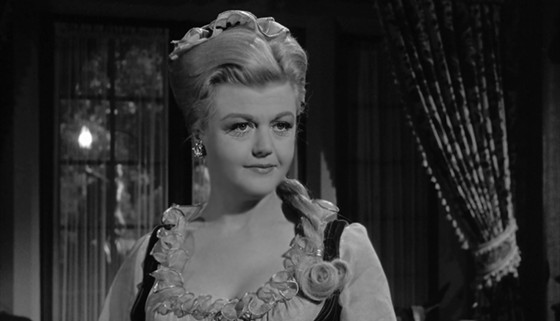6. Dr. Strangelove (1964)

A good palate cleanser to have in your back pocket that will lift your spirits after watching “Oppenheimer”, Kubrick’s pitch-black comedy wryly capitalizes on the Cold War’s arms race and threat of mutual assured destruction by satirizing a doomsday scenario in which a rogue Air Force general (Sterling Hayden) sends humanity hurling towards Armageddon by ordering a pre-emptive nuclear strike on Moscow, leaving it up to the US President and his military staff to stop the bomber wing before it’s too late.
Though he evidently holds the movie in high regard, Nolan explained in a recent interview with the French media outlet Konbini that he stopped re-watching Kubrick’s classic masterpiece for a couple years during the development process of his new movie as to avoid any unflattering comparisons. “It’s too daunting,” he argued. “But while we were shooting “Oppenheimer”, it was hard not to think about the scene with everyone around the war room talking about the fate of the world”. Though they couldn’t be more formally or tonally opposite, as a corrosive portrait of bureaucratic incompetence and a vehicle for nuclear deterrence, “Strangelove” feels strikingly analogous to Nolan’s three-hour biopic.
7. All Quiet on the Western Front (1930)

In more ways than one, this paradigm-shifting, Oscar-winning adaptation of Erich Maria Remarque’s novel — not to be mistaken with the vapid, inferior remake Netflix churned out last year — was way ahead of its time in providing an unflinching portrait of trench warfare that spares no gruesome detail for the viewer putting us in the shoes of a naive teenager filled with romantic dreams of heroism who enlists in the German Army in WWI.
Nolan waxed poetic of the 1930 Best Picture winner, citing it as a key touchstone while making his 2017 war film “Dunkirk”. Speaking to the BFI, Nolan said: “‘All Quiet on the Western Front’ said it first and best: war dehumanizes.” The British director reflected on Lewis Milestone’s game-changing opus, which he included in the film program he personally curated for BFI Southbank, noting how it demonstrates the power of resisting convention of finding meaning and logic in individual fate. “Revisiting that masterpiece, it’s hard to disagree that the intensity and horror have never been bettered.”
8. Merry Christmas, Mr. Lawrence (1983)

Even in the rush of praise for Nolan’s direction and Cillian Murphy’s central performance as J. Robert Oppenheimer, Tom Conti is being singled out for praise by critics and audiences alike for his brief but memorable turn as Nobel Prize-winning physicist Albert Einstein. Observant viewers will recognize the veteran Scottish actor for his supporting part in Nolan’s 2012 trilogy-caper “The Dark Knight Rises”, though his best on-screen performance just happens to be found in a film that has been shouted out publicly by the director himself.
Starring alongside another future Nolan collaborator in David Bowie, Conti is in extraordinary form as the eponymous lieutenant colonel John Lawrence, a senior British officer in a Japanese POW camp during World War II who must bridge the language divides and cultural clashes between captor and prisoner amidst dire circumstances. Nolan listed Nagisha Oshima’s deeply moving anti-war parable as one of his ten favorite Criterion titles, telling the prestige boutique label that Conti has “rarely been such a sympathetic guide for the audience’s emotions”.
9. Foreign Correspondent (1940)

Though it sometimes gets a little lost in the Hitchcock canon, if you like your war movies with a healthy dose of lighthearted romance and international espionage, this WWII time capsule is as good a place as any to dip your toes into his work. The gripping story of a New York crime reporter who uncovers an international conspiracy while working across the pond for his newspaper during the Second World War, “Foreign Correspondent” all but faded into obscurity before Nolan’s advocacy in recent years led to a reappraisal of it as an underseen wartime gem.
“No examination of cinematic suspense and visual storytelling would be complete without Hitchcock, and his technical virtuosity in Foreign Correspondent’s portrayal of the downing of a plane at sea provided inspiration for much of what we attempted in Dunkirk.”, Nolan told the BFI. As a huge proponent of practical effects who exclusively relies on analog methods and old-school editing trickery in his films, the British auteur kept returning to Hitchcock’s clever use of in-camera effects and rear projection screens for inspiration. “You have to go back to this era of filmmaking to see this type of in-camera inventions.”
10. The Manchurian Candidate (1962)

The anti-Communist witch hunt orchestrated by Lewis Strauss (Robert Downey Jr.) that resulted in Oppenheimer’s permanent expulsion from America’s national-security community is a major through line in Nolan’s new biopic. We suggest you turn to John Frankenheimer’s 1962 political thriller for another daring and pointedly anti-establishment depiction of McCarthyist hysteria that was released around the time his fear-mongering reign took off.
Set in the waning days of the Korean War, “The Manchurian Candidate” centers around a US war veteran-turned-national hero who’s kidnapped, brainwashed and gaslighted by communists in order to influence the upcoming American elections, leaving it up to the platoon commander, Frank Sinatra’s U.S. Major Bennett Marco to connect the dots and unravel the pieces of the sinister political conspiracy. The famous final scene grabs all the attention, but it’s a payoff that’s earned by the unnerving buildup that Frankenheimer builds over the course of the film, a style that would become a hallmark of his work.